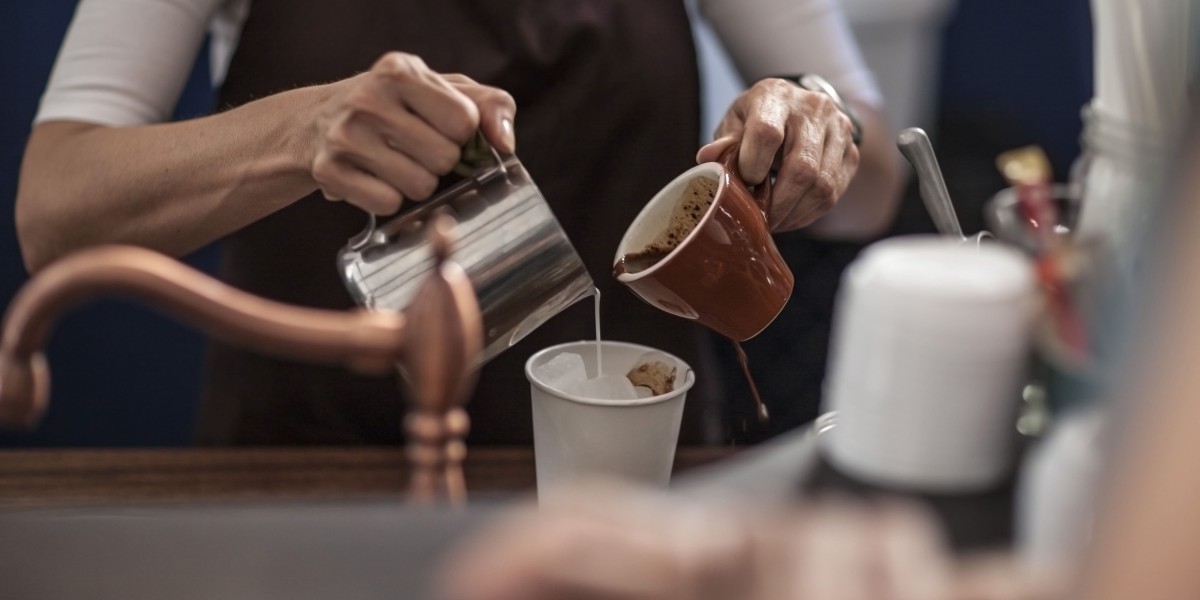The Lightweight Walker: A Comprehensive Guide
Intro
Lightweight walkers are essential mobility aids created to help people who have trouble walking or preserving balance. Unlike conventional walkers, which can be cumbersome and heavy, lightweight walkers use improved portability and ease of use. This post checks out the features, benefits, and numerous kinds of lightweight walkers readily available, making it an important resource for individuals seeking enhanced mobility, caretakers, and health care experts.

Understanding Lightweight Walkers
Lightweight walkers are generally constructed from materials such as aluminum or carbon fiber. Their design focuses on both resilience and ease of transportation and use. The improvement in engineering and manufacturing strategies has actually led to the advancement of models that can be effortlessly steered, making them appropriate for a broad range of users.

Key Features of Lightweight Walkers
- Product: Most lightweight walkers are made from high-strength aluminum or carbon fiber, making them easy to raise and transfer.
- Foldability: Many models feature a folding design for hassle-free storage and transportation.
- Weight Capacity: Despite their lightweight nature, they are constructed to sustain considerable weight while preserving stability.
- Adjustable Height: Most walkers provide adjustable height settings to accommodate users of differing heights.
- Brakes and Wheels: Some designs consist of wheels for increased mobility, along with brakes for safety when resting.
Here's a comparison table of some popular designs of lightweight walkers to assist users make notified decisions:
| Model | Weight | Weight Capacity | Functions | Rate Range |
|---|---|---|---|---|
| Drive Medical 10210-1 | 5 lbs | 300 lbs | Foldable, non-slip hand grips, lightweight | ₤ 60 - ₤ 80 |
| Nova 4200 | 8 pounds | 250 lbs | 8" wheels, an integrated seat, and adjustable | ₤ 120 - ₤ 150 |
| Medline E0302 | 7 pounds | 300 pounds | Side folding, 5" wheels, and ergonomic grips | ₤ 70 - ₤ 100 |
| Hugo Folding Walker | 6 lbs | 300 lbs | Adjustable height, includes backrest seat | ₤ 80 - ₤ 110 |
| Mego Mobility Walker | 8 pounds | 350 pounds | Dual brakes, adjustable arms, addition of a basket | ₤ 90 - ₤ 130 |
Benefits of Lightweight Walkers
Lightweight walkers use numerous advantages to users, improving both mobility and lifestyle. Some of the significant benefits consist of:
- Improved Mobility: They help people ambulate securely and confidently, allowing them to take part in everyday activities and preserve self-reliance.
- Ease of Transport: The lightweight nature and collapsible design make them simple to transport in cars or public transportation.
- Modification: Many walkers permit for height adjustments, ensuring a comfortable fit customized to the user.
- Enhanced Stability: These walkers offer the support needed to help avoid falls and injuries, specifically in older grownups.
- Range of Designs: With a variety of designs available, users can pick walkers that best fit their personal choices and requirements.
Types of Lightweight Walkers
Requirement Walkers: Basic models designed generally for stability with rubber pointers, using stability however minimal mobility.
Two-Wheeled Walkers: Equipped with front wheels, these walkers offer boosted maneuverability while still offering support.
Four-Wheeled Walkers (Rollators): www.Mymobilityscooters.Uk These walkers feature wheels on all 4 legs, making them simpler to navigate over numerous surface areas. Lots of likewise consist of a seat, supplying rest during long trips.
Tri-Wheeled Walkers: Ideal for users who need more dexterity in tight spaces, tri-wheel styles are compact yet sturdy.
Choosing the Right Lightweight Walker
When picking a lightweight walker, think about the list below aspects:
- User's Weight and Height: Ensure the walker can accommodate the user's size successfully.
- Intended Use: Understand where the walker will be mainly utilized (inside vs. outdoors) and select wheels appropriately.
- Frequency of Use: For those utilizing the walker daily, comfort features, such as grips and seat alternatives, might be needed.
- Safety Features: Look for designs with sufficient brakes or locking systems to guarantee stability.
Often Asked Questions
Q1: Are lightweight walkers more costly than traditional walkers?A1: Generally, lightweight walkers can be a little more expensive than traditional walkers due to their advanced products and functions, however they offer significant benefits in mobility and ease of use. Q2: Can I use a lightweight walker if I have considerable
mobility issues?A2: Yes, lightweight walkers appropriate for different mobility levels.
However, it's advised to talk to a health care company or physiotherapist for tailored suggestions. Q3: Do lightweight walkers included warranties?A3: Most reputable producers provide warranties, normally
ranging from one to 3 years, however it's vital to
inspect specific product information. Q4: How do I maintain my lightweight walker?A4: Regularly check for wear on wheels, brakes, and grips. Clean the walker with a moist
cloth and prevent exposure to severe chemicals. Q5: Are there options for customizing lightweight walkers?A5: Yes, numerous producers use personalized features such as color alternatives, attachment of bags, and seat cushions . Lightweight walkers are indispensable mobility aids that boost independence available can help users make notified choices. By picking the right walker, individuals will discover they can navigate their surroundings with confidence and ease. As the population continues to age, lightweight walkers will remain essential tools for mobility, making sure that everybody retains their flexibility to move safely and successfully.
, stability, and lifestyle for lots of individuals. Comprehending the various features, benefits, and types





